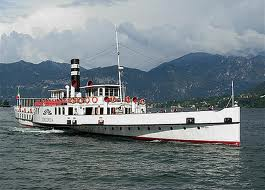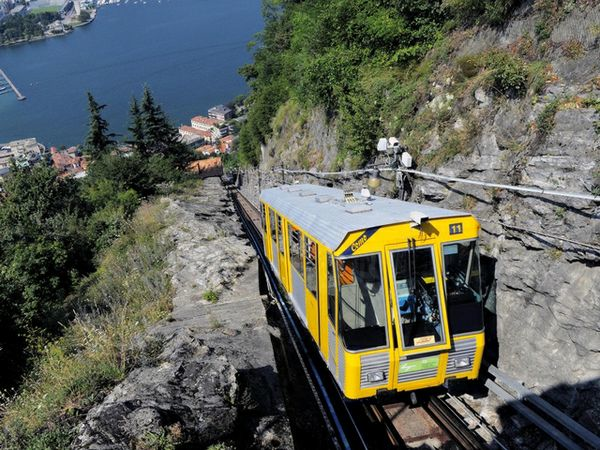In the past decades, issues of trust in inter- and intra-organizational relationships have been increasing in importance on the agendas of organizational scholars, legitimated by changes in the social structure of societies, economic exchange relations and organizational forms. By establishing an international forum for scholars from different disciplines, the workshop series seeks to make a contribution to the development of an international research program on ‘Trust within and between Organizations.’ The first five workshops on this theme, organized in 2001, 2003, 2005, 2007, and 2010, each succeeded in bringing together scholars from over 20 countries and a wide range of disciplines, such as economics, marketing, work and organization psychology, sociology of organizations, political sciences, information sciences and linguistics. FINT members have since organized tracks on trust at 2002 and 2003 EURAM conferences, 2004 till 2011 EGOS colloquia, and symposia at the Academy of Management 2002, 2005, 2007-2011 meetings. FINT actively aims to
Trust is one of the few concepts and shared human experiences that crosses disciplinary, cultural, and generational boundaries. It lies at the heart of all human relationships whether with another single individual, a group, or an institution; it is a key factor in our conceptions of society and civilisation. It is claimed to be the key to enhancing and enabling cooperation, the sharing of information, problem solving, commitment and job satisfaction, as well as a range of individual, group, organizational, and societal performance outcomes. The changing nature of the current social and political environments within which we exist as individuals and as members of groups highlights the contribution of trust to success but also the challenges to its continued existence within relationships. Although research into trust has advanced significantly in the last decade, our understanding remains limited and there is much that we have, as yet, not explored. Important questions remain as to how trust is built, maintained and repaired in the multiplicity of contexts, the dynamic environments, and relationships of which it is part. Trust is possibly unique as a subject which crosses boundaries in both how and where it is studied. In order to reflect this reality, the EIASM/FINT workshop seeks to provide a forum in which we further develop and broaden our trust knowledge, and community, as we move into the second decade of the 21st century. We welcome as contributors representatives of the academic and practitioner communities, from a wide range of academic disciplines, those who use qualitative and quantitative methods, who have empirical and theoretical insights to offer, and to include both junior and senior researchers. Accordingly, the next EIASM/FINT workshop is intendedly broad in nature. We invite the submission of individual papers in addition to proposals for round tables and workshop development activities. The requirements and expectations for each are specified below.
We invite you to contribute a short paper for competitive selection. Your short paper should explain the relevance of the chosen topic, provide the theoretical background and research question, and address the approach followed. Empirical papers should describe the methods of analysis and highlight (or at least preview) their main findings and contributions.
We invite proposals for Symposia and Thematic Roundtables, in formats similar to those in use at other conferences such as the Academy of Management: "Symposium sessions are organized as either Panel Symposia or Presenter Symposia. A Panel Symposium engages a group of panellists in a formal interactive discussion. A Presenter Symposium involves a series of authored papers on a pre-set theme". At the same time we are also open for innovative formats such as debates or thematic, structured discussions.
We also welcome proposals for interactive workshops. The aim of an interactive workshop is to create discussion between workshop participants in areas relevant to our community such as research, research cooperation, research methods, teaching, consulting, transdisciplinary dialogues, reaching out to practitioners, etc. Ultimately any workshop will be judged by its potential to create a community within our common research field. Thus workshops can take the form of professional development workshops (see for example http://meeting.aomonline.org/2011/callforsubmissions/pdw ), caucus proposals (see for example http://meeting.aomonline.org/2011/callforsubmissions/scholarlyprogram/menu-call-for-caucuses) or any other format you can think of. To apply for an interactive workshop you should provide an overview of the format, clarify how and why you believe that your workshop is of interest to trust researchers, and explain how it will be able to jumpstart a new community.
Please click HERE to download the workshop programme.
Sandro Castaldo and Fabrizio Zerbini
Sandro Castaldo, Bocconi University, Milan, Italy
Katinka Bijlsma-Frankema, University of Groningen, The Netherlands
Kimberly D. Elsbach, Universtity of California, Davis, USA
Please click HERE to download the workshop main programme as well as details on the doctoral consortium and pre-conference session.
FINT organizes a social program open to conference participants and their families.
The workshop will take place in the premises of the Bocconi University in Milan. ACCOMMODATION The fees include participation to the :
Cancellations made before May 18, 2012 will be reimbursed minus 20% of the total fee. No reimbursement will be possible after that date. Payments should be made by :
ADMINISTRATION Ms. Graziella Michelante - EIASM Conference ManagerEIASM - RUE FOSSÉ AUX LOUPS - 38 - BOX 3 - 1000 BRUSSELS - BELGIUM Tel: +32 2 226 66 62 - Fax: Email: michelante@eiasm.be |





